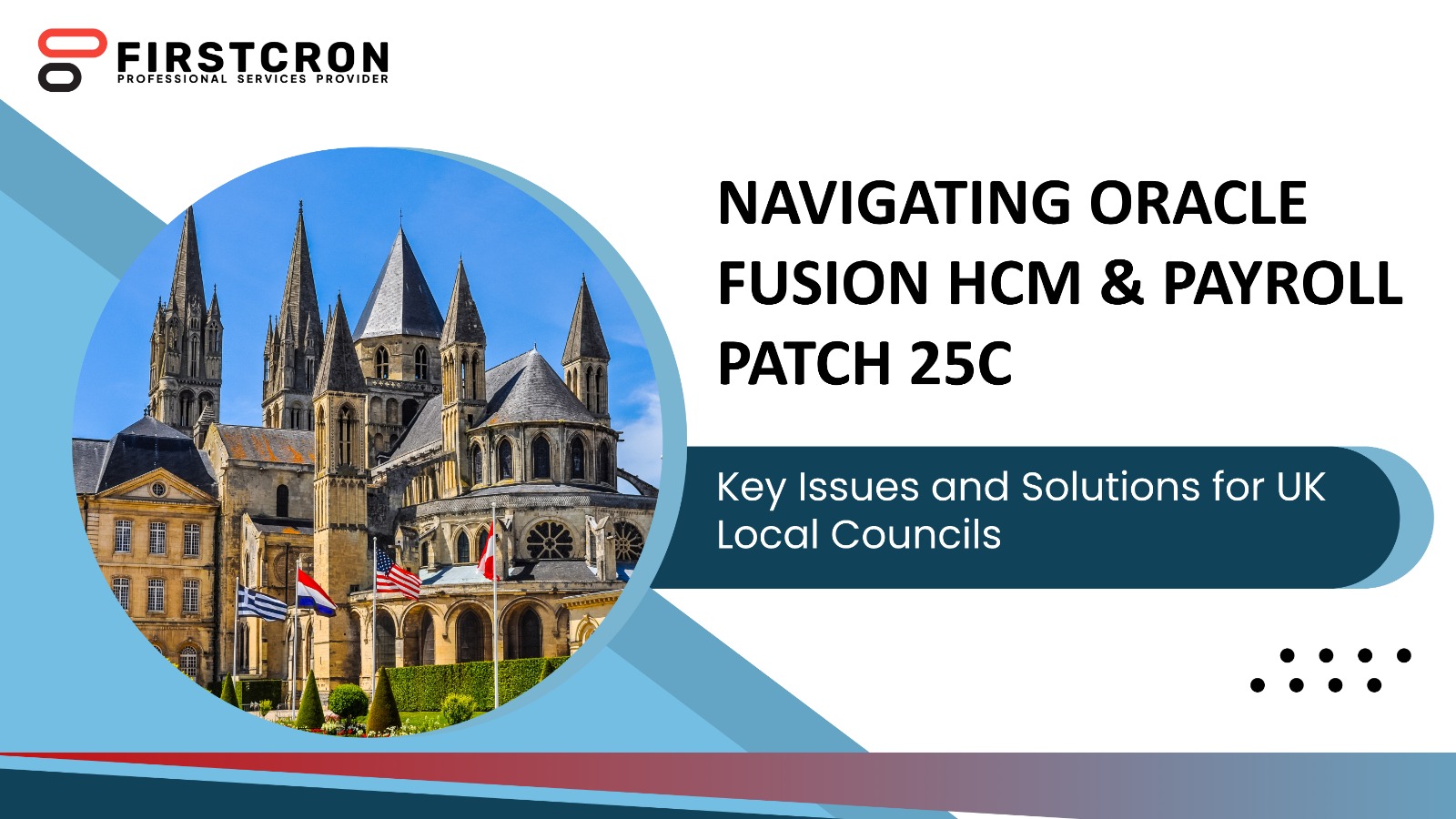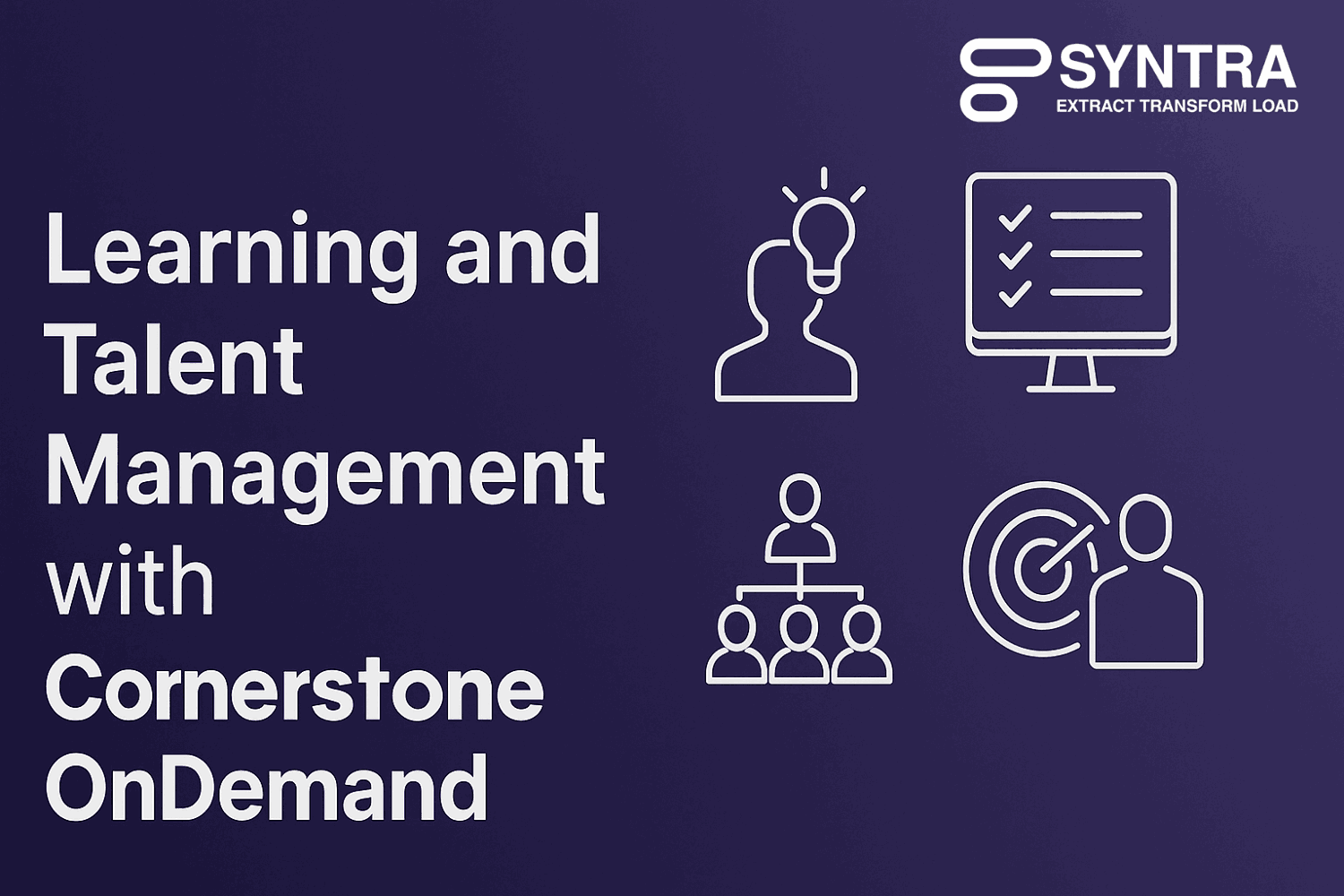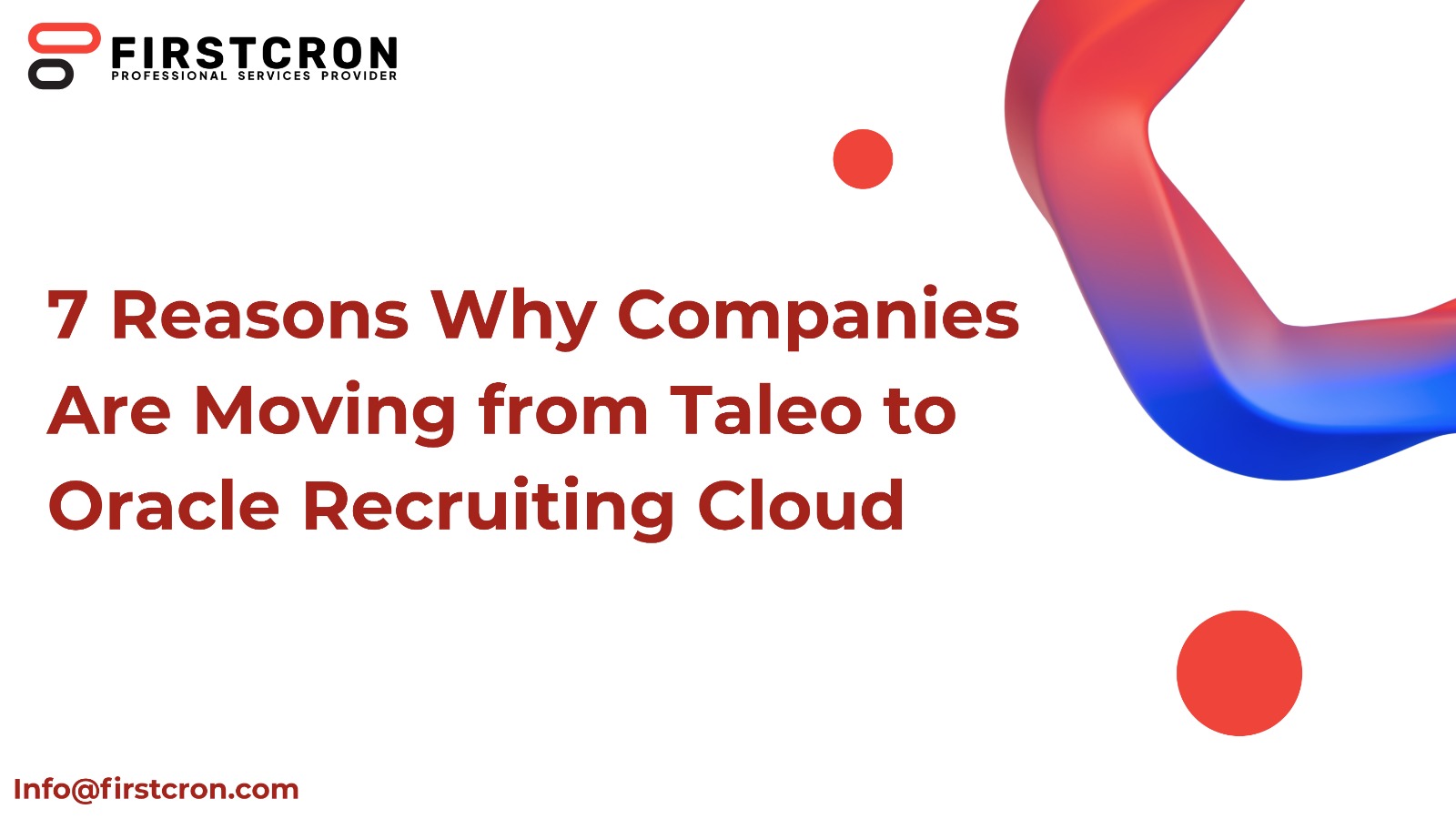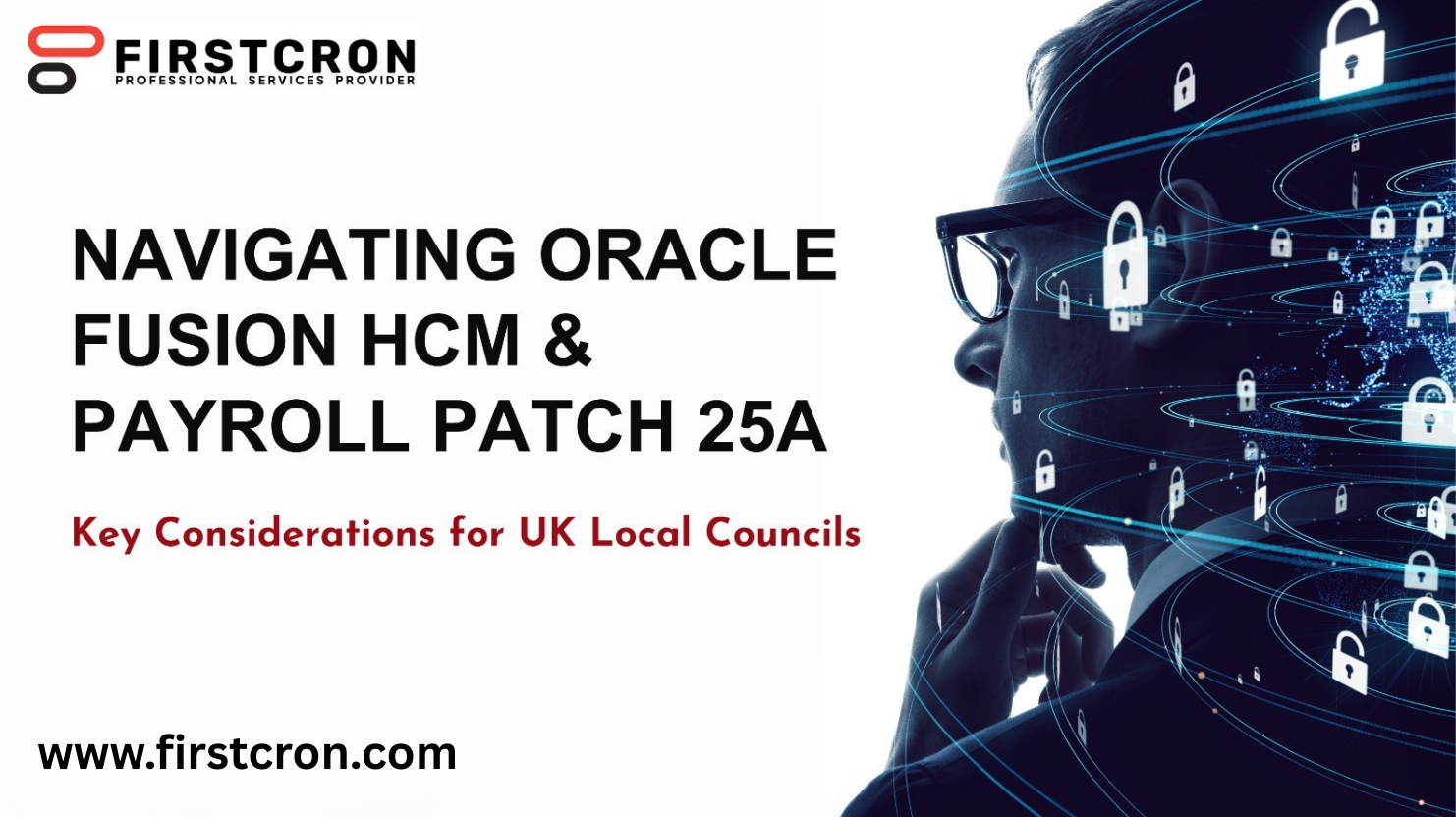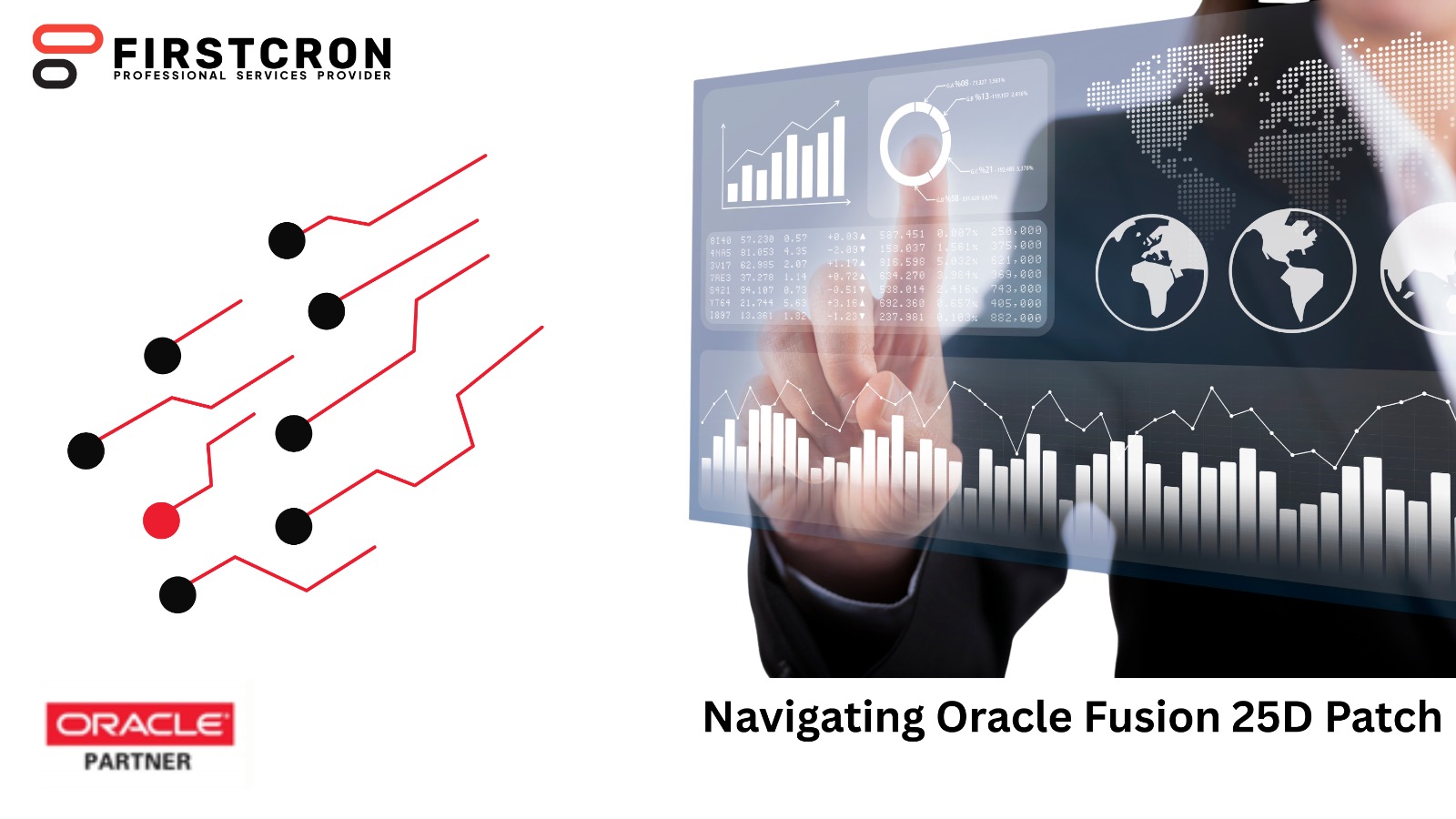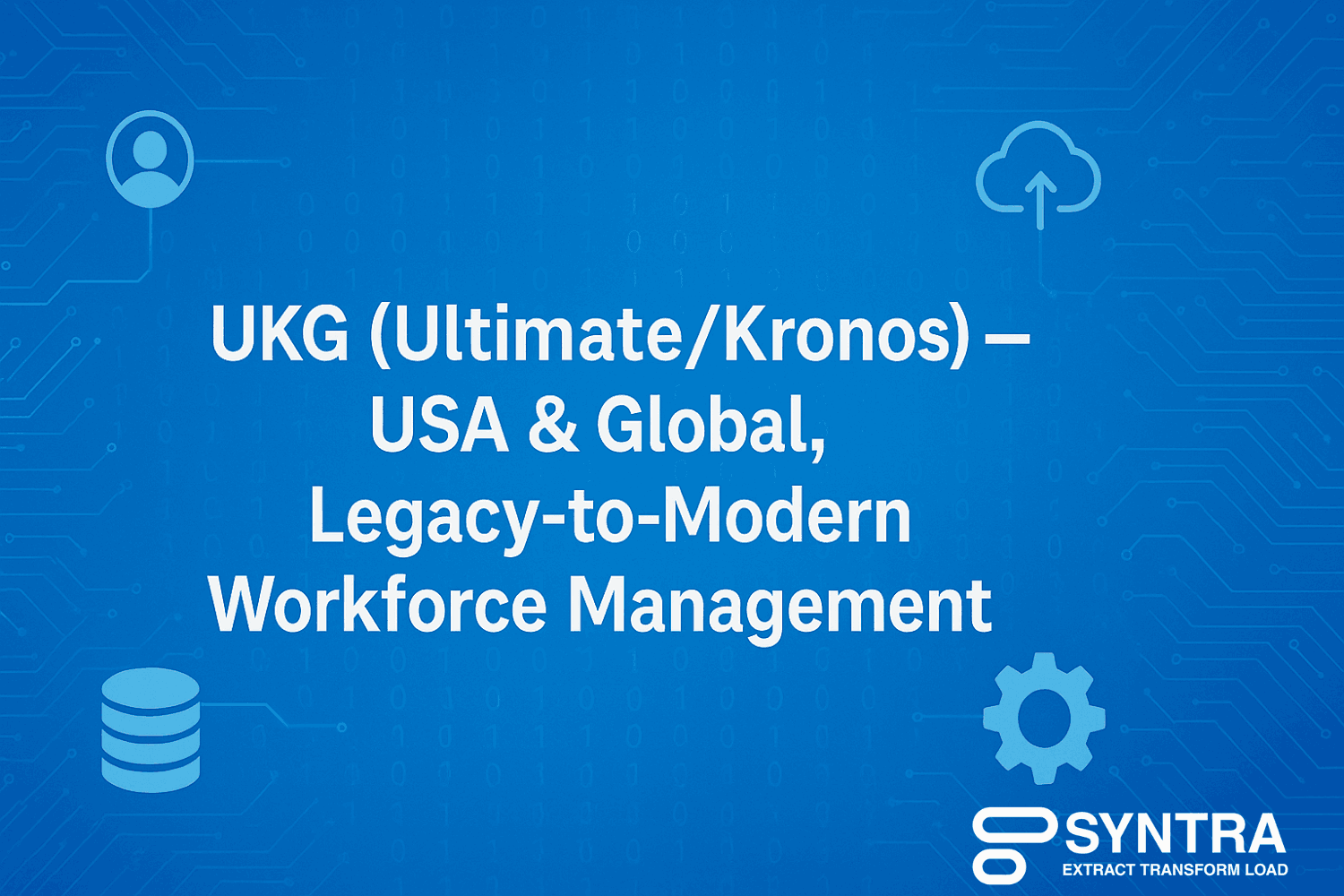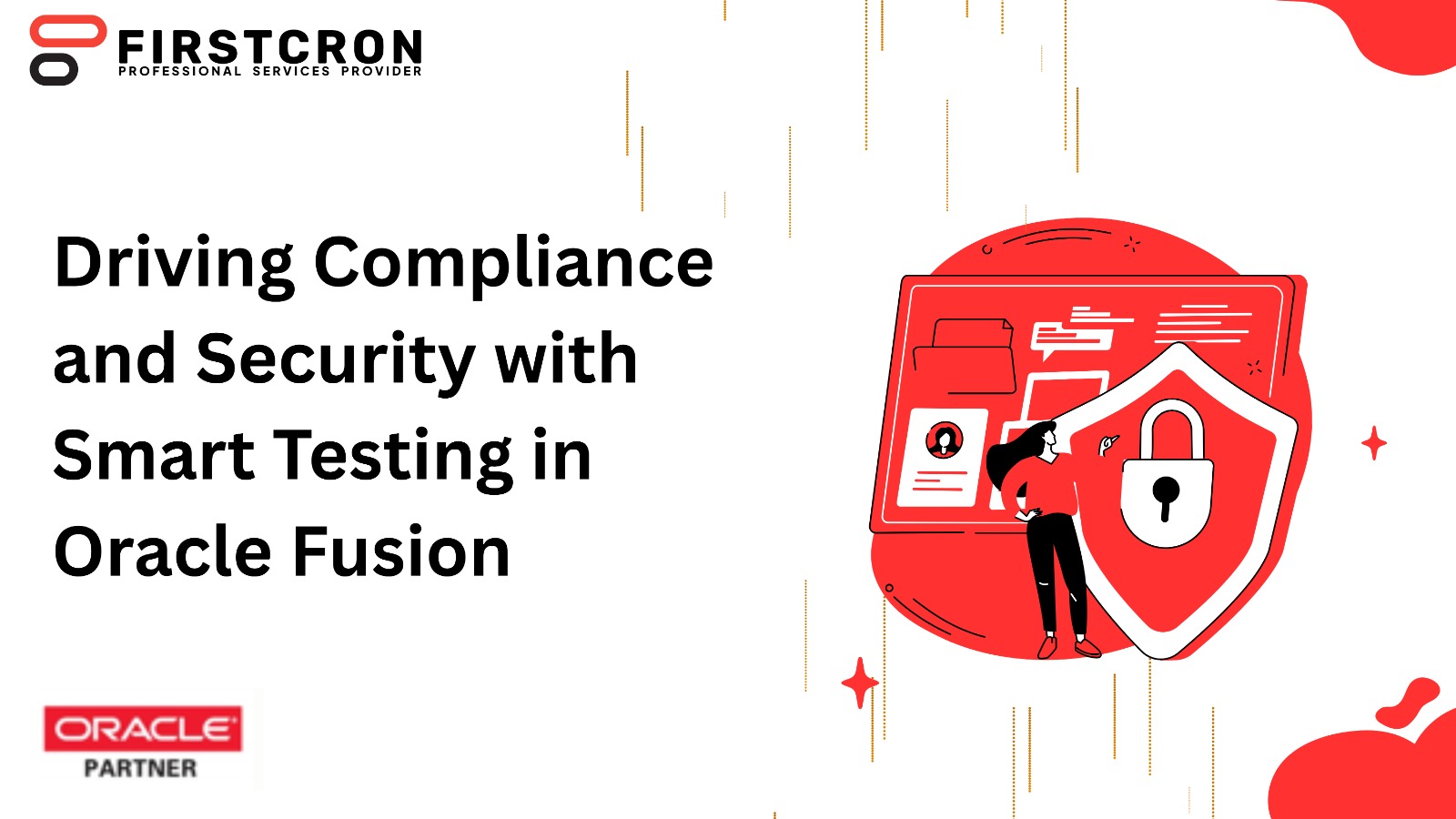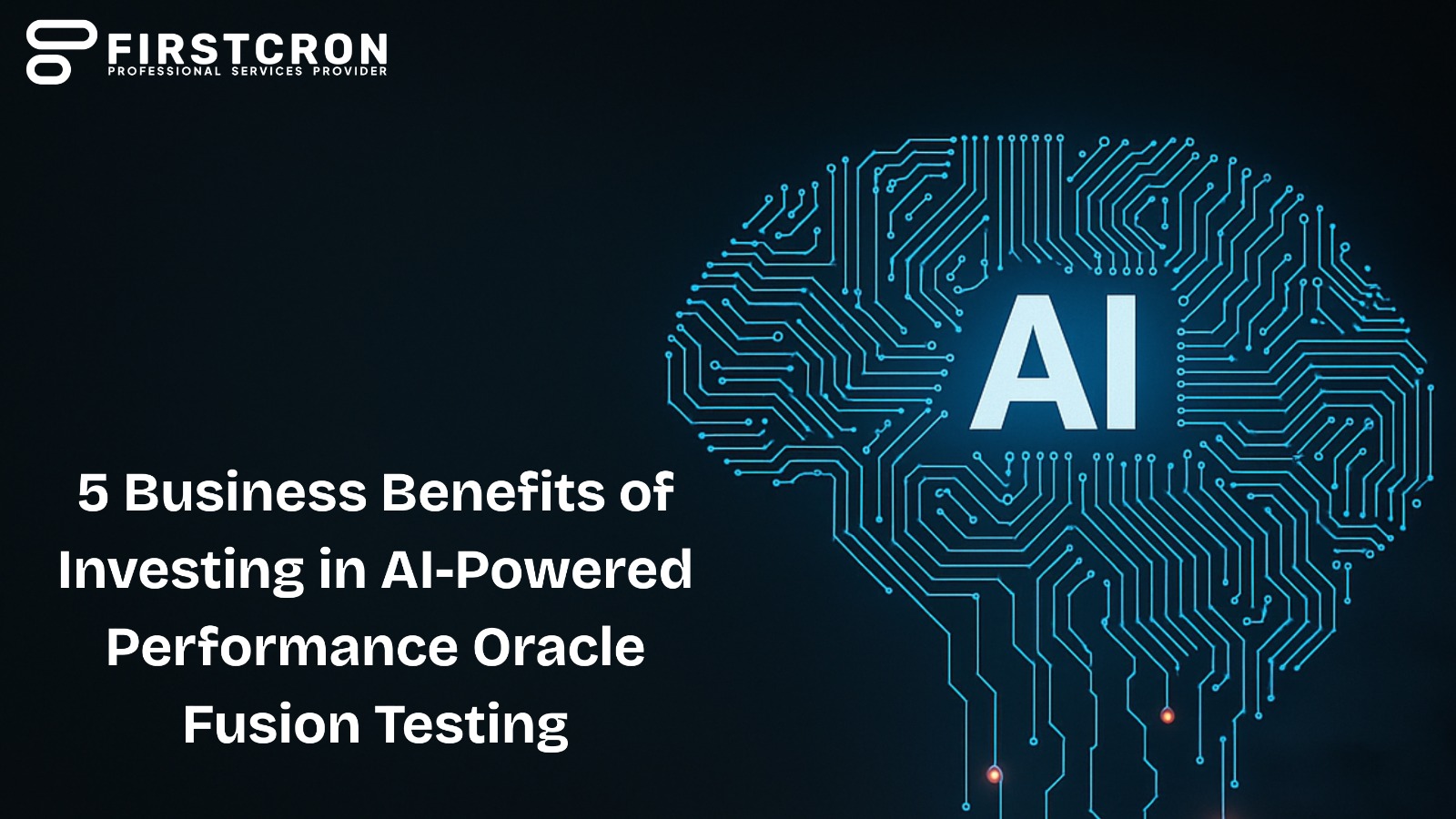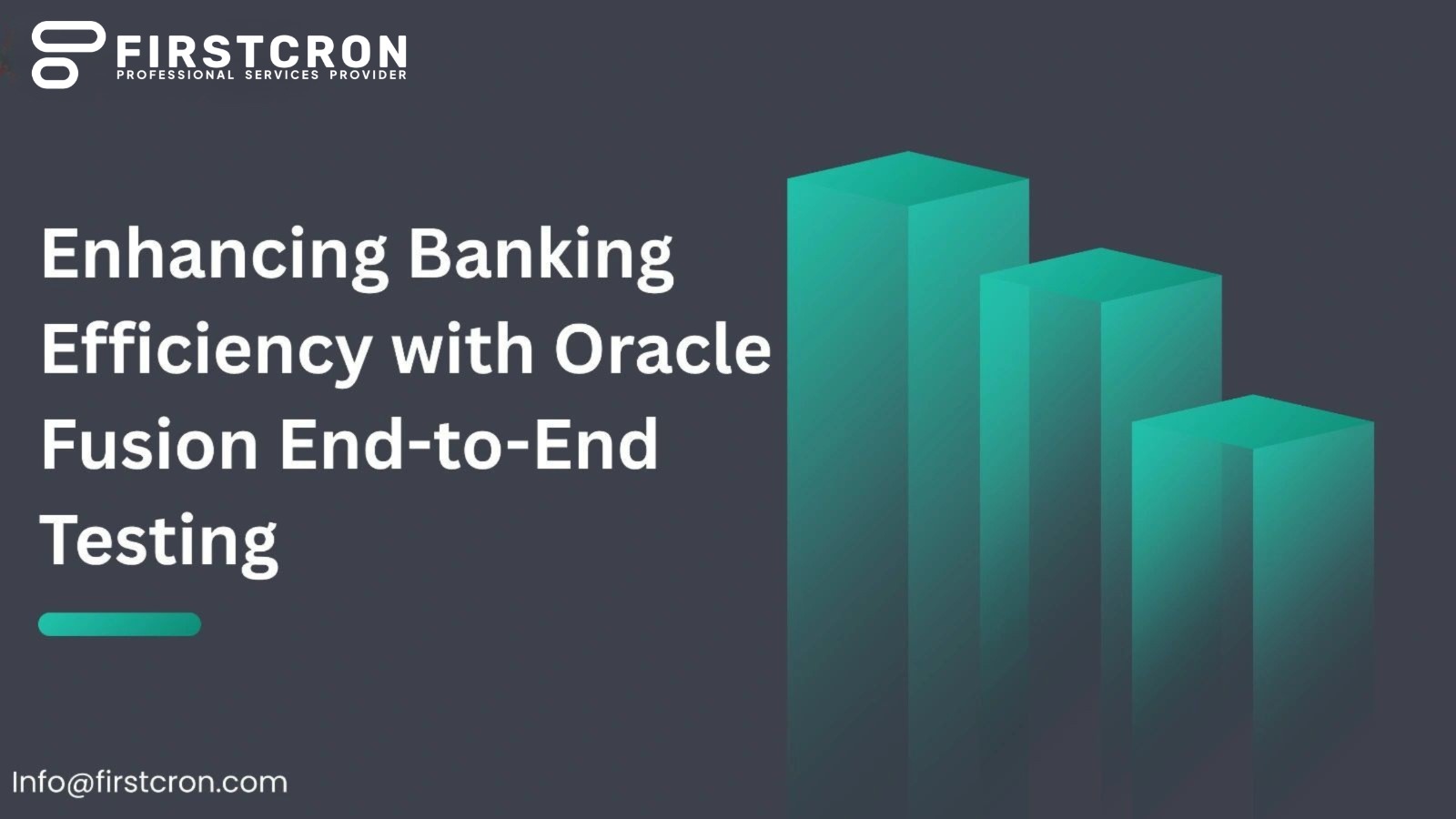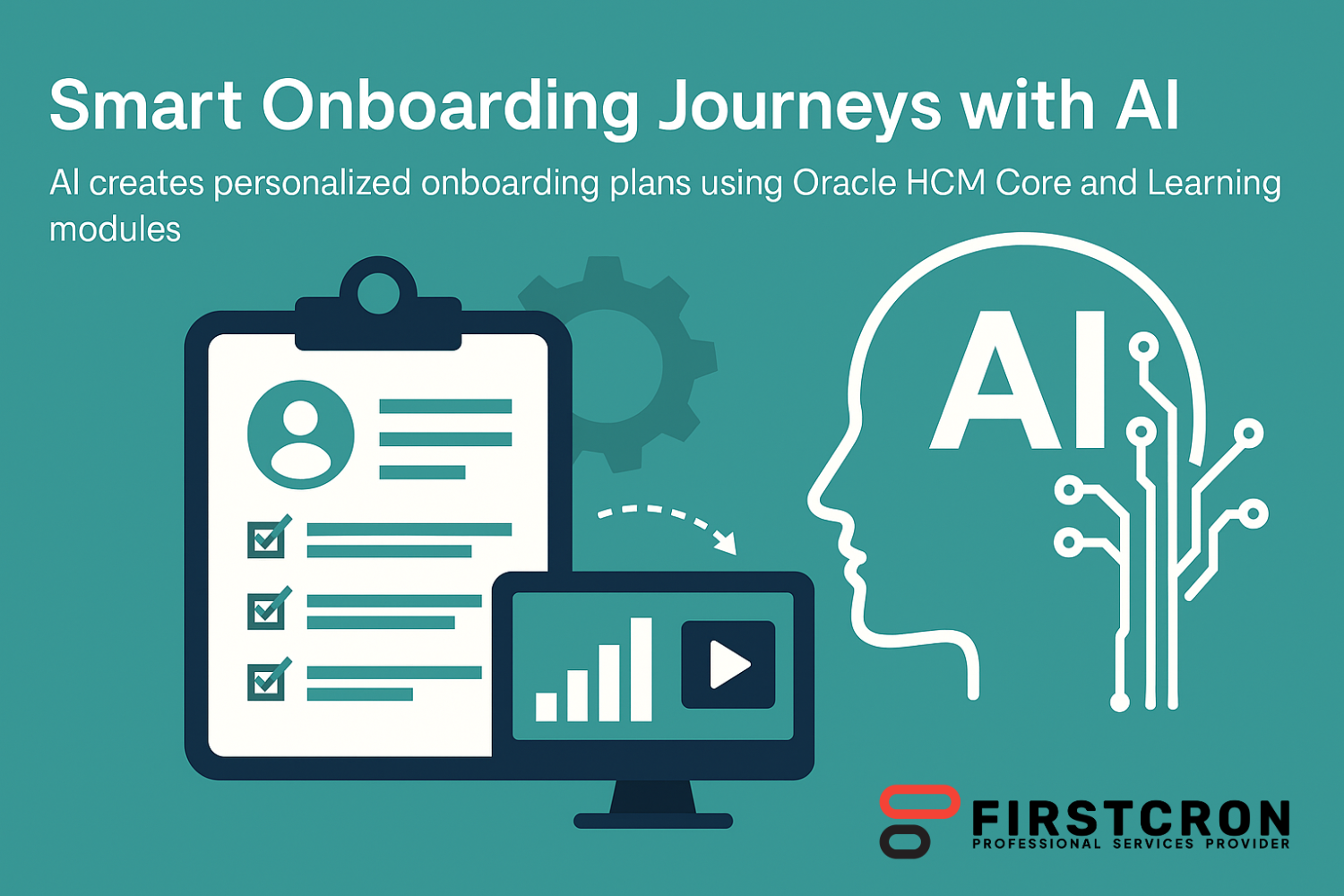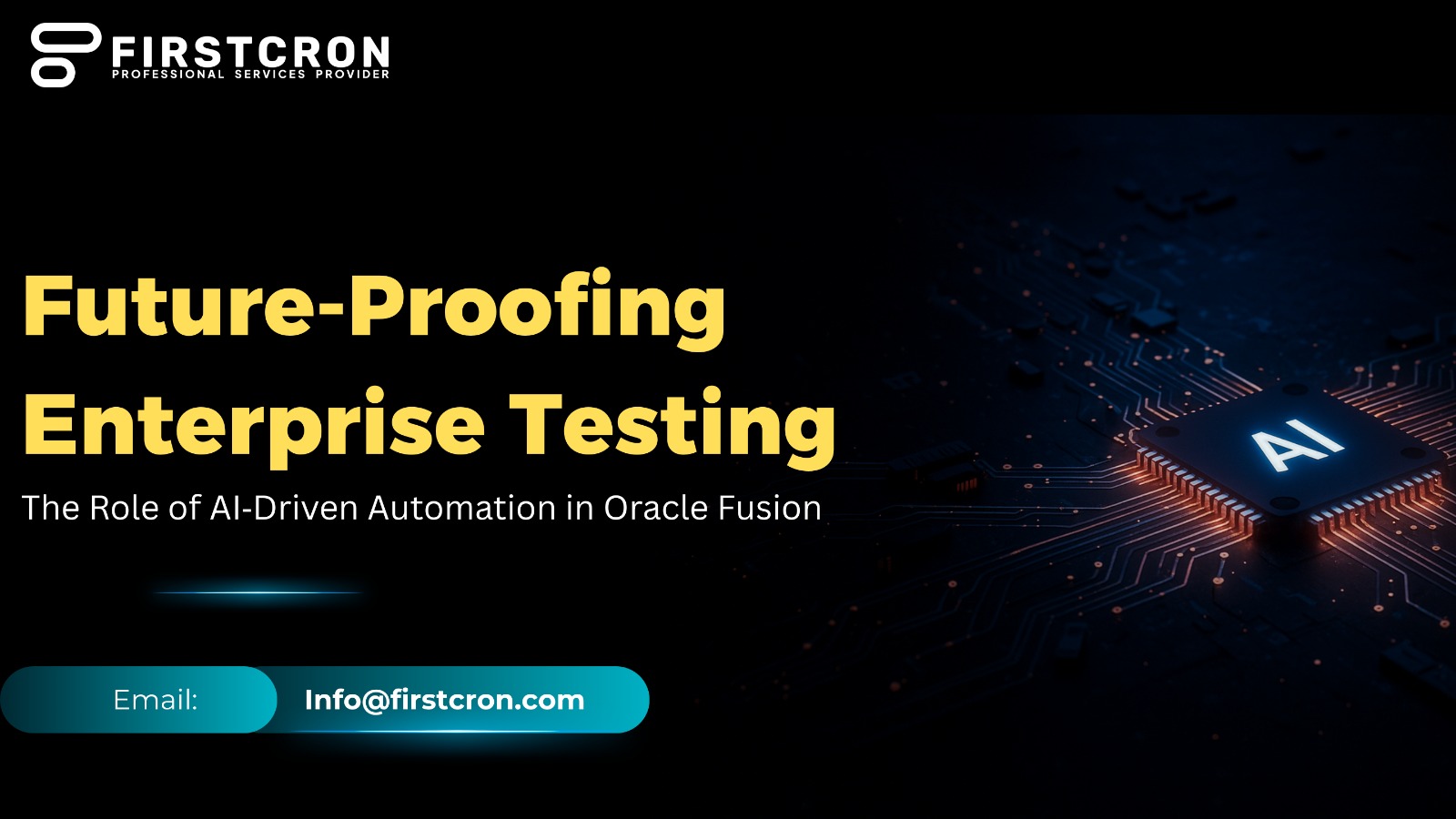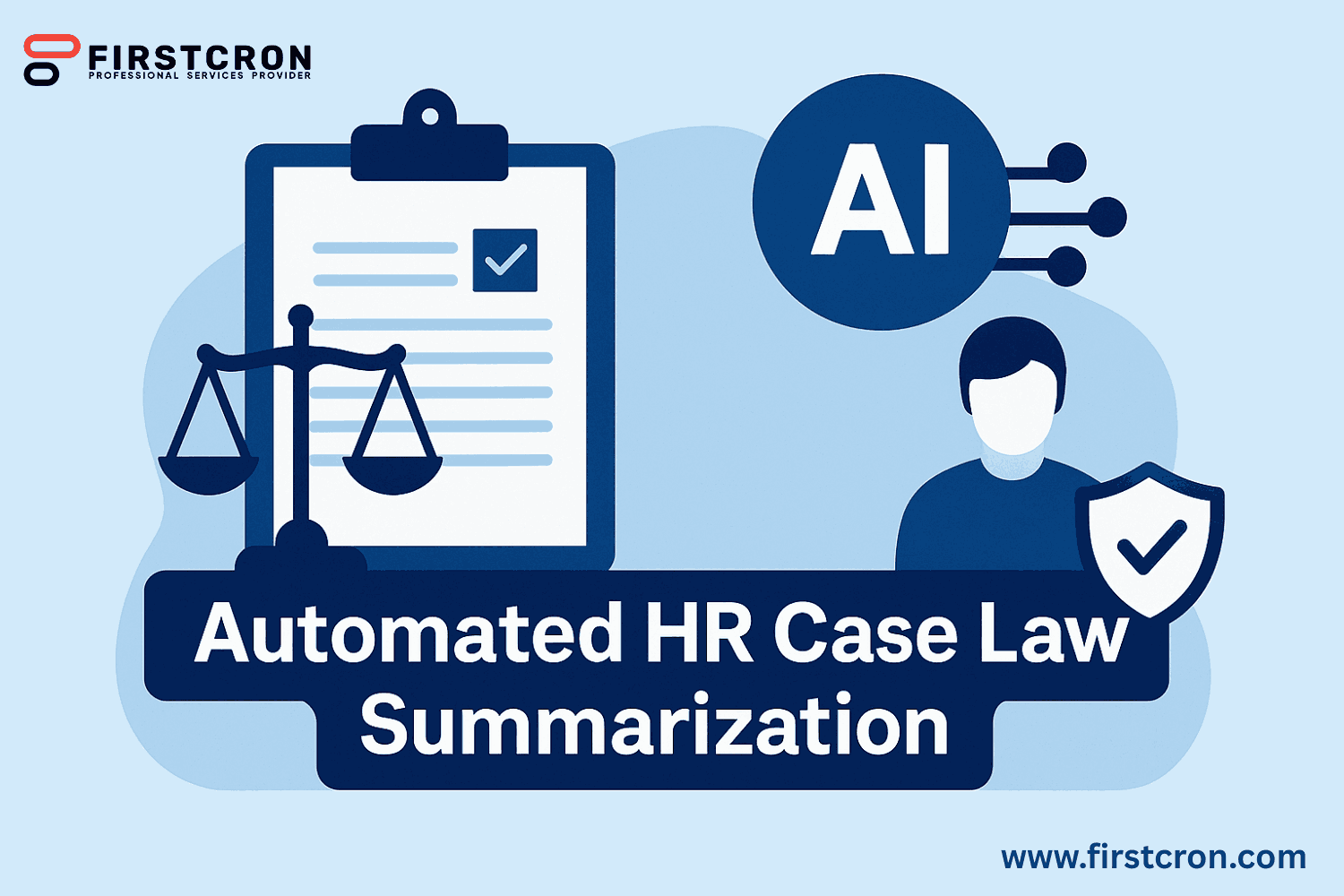
Human Resources professionals in the UK face an ever-evolving legal landscape. Employment tribunals and case law decisions continuously redefine how HR policies should be interpreted and applied. For local councils, the stakes are especially high. They must balance compliance with national legislation, adapt to legal precedents, and ensure fairness in managing a large and diverse workforce. Traditionally, digesting HR case law has been a labor-intensive process, requiring teams of legal experts and HR managers to interpret rulings, assess their implications, and update internal policies accordingly. This approach not only consumes time but also risks delays in policy alignment, potentially exposing councils to legal and reputational risks. Automated HR Case Law Summarization, powered by AI, is set to change this dynamic by making legal insights more accessible, actionable, and timely.
In this blog we’ll cover
- Understanding Automated Case Law Summarization
- Why AI Matters In HR Legal Compliance
- The Technology Behind Automated Legal Insights
- Benefits For Local Councils
- Practical Applications In HR Policy Updates
- Encouraging Data-Driven HR Compliance Culture
- Addressing Challenges And Limitations
- The Future Of Automated Legal Insights In HR
- Conclusion: Building Smarter HR Policies With AI
Understanding Automated Case Law Summarization
At its core, automated case law summarization uses artificial intelligence—specifically natural language processing (NLP) and machine learning—to scan, interpret, and distill complex legal documents into clear, concise summaries. Instead of reading through hundreds of pages of tribunal rulings, HR professionals can receive a digestible summary highlighting the case background, the judgment, and its relevance to workplace policies. Beyond summarization, the technology can contextualize outcomes, explaining how a ruling might affect policies on issues like discrimination, redundancy, employee rights, or disciplinary action. For local councils managing diverse workforces and facing scrutiny for public accountability, such automation reduces ambiguity and enhances policy responsiveness.
Why AI Matters In HR Legal Compliance
Legal compliance is non-negotiable in HR. Yet, understanding how case law evolves requires ongoing attention and interpretation. AI-driven case law summarization introduces three transformative advantages. First, it accelerates the speed at which HR teams can process and act on legal updates. What might previously have taken weeks of review can now be condensed into hours or even minutes. Second, it improves accessibility. Non-legal professionals within HR departments can understand rulings without requiring specialist legal training. Third, it ensures consistency by providing standardized interpretations that reduce the risk of subjective misreadings. Together, these advantages build resilience into HR operations while reducing reliance on external legal counsel for routine interpretations.
The Technology Behind Automated Legal Insights
Automated HR case law summarization blends multiple AI capabilities. Natural language processing identifies and extracts key elements such as facts of the case, judicial reasoning, and verdicts. Machine learning models trained on thousands of legal documents learn patterns in how courts present judgments and how HR-related issues are framed. Contextual AI models then map these rulings onto HR policy categories, providing practical recommendations for local councils. For example, a ruling on unfair dismissal could automatically trigger alerts recommending updates to dismissal procedures, disciplinary processes, or employee appeals guidelines. These systems are often enhanced with explainable AI, ensuring HR teams understand not just the “what” of the summary but also the “why” behind AI-driven recommendations.
Benefits For Local Councils
Local councils are uniquely positioned to benefit from automated HR case law summarization. They manage large numbers of employees across varied roles, from administrative staff to frontline workers. They also operate under high levels of scrutiny from both the public and regulators. Automating legal interpretation provides councils with agility, compliance assurance, and resource efficiency. Instead of reactive policy updates after lengthy legal consultations, councils can proactively adapt HR policies in near real time. This agility helps avoid disputes, reduces tribunal exposure, and strengthens employee trust. Additionally, automation frees up HR staff to focus on people-centric tasks such as employee wellbeing, workforce planning, and talent retention, rather than drowning in legal paperwork.
Here are the key benefits in focus:
- Faster Policy Alignment: Councils can adapt HR policies quickly after new case law rulings.
- Reduced Legal Risk: Automated insights help prevent costly tribunal claims by ensuring compliance.
- Accessible Legal Knowledge: HR professionals without legal training can still grasp case law relevance.
- Cost Efficiency: Reduces reliance on expensive external legal counsel for routine interpretations.
- Transparency and Accountability: Ensures decisions and policies are informed by up-to-date, objective legal summaries.
Practical Applications In HR Policy Updates
The real power of automated summarization lies in its application. Consider a tribunal ruling on disability discrimination. The AI system could summarize the judgment, highlight the implications, and suggest updates to reasonable adjustment policies. For a ruling on whistleblower protections, the AI could recommend revisiting internal grievance handling procedures. In redundancy cases, AI might flag procedural fairness as a recurring theme and advise councils to strengthen consultation frameworks. Each ruling becomes not just a legal precedent but an actionable insight that can immediately shape fairer, more compliant HR policies.
Encouraging Data-Driven HR Compliance Culture
Beyond efficiency, automated case law summarization cultivates a culture of proactive compliance within councils. HR teams no longer need to fear missing a critical ruling or misunderstanding a judgment. Instead, they are empowered with clarity and confidence, enabling them to act decisively and fairly. Over time, this fosters a more transparent organizational culture where policies evolve with legal standards, rather than lagging behind. Employees gain trust in HR systems that are demonstrably aligned with legal protections, and councils strengthen their reputation as fair employers.
Addressing Challenges And Limitations
Despite its promise, automated case law summarization faces challenges. Legal language is nuanced, and AI systems must be carefully trained to avoid oversimplification or misinterpretation. Councils must ensure that AI-generated summaries are reviewed by HR and legal teams before being adopted into policy. Governance is another key concern—AI recommendations must align with organizational values, local contexts, and ethical considerations. Data privacy is critical as well, particularly when legal cases reference sensitive employee information. Addressing these challenges requires a balanced approach: use automation to accelerate understanding while retaining human oversight for final decisions.
The Future Of Automated Legal Insights In HR
The future of HR case law summarization is likely to extend beyond simple summaries. Advanced systems may provide predictive insights, analyzing trends in tribunal decisions to forecast areas of future risk. For instance, if rulings increasingly emphasize flexible working rights, councils could proactively strengthen related policies before facing challenges. Integration with council HR management systems could enable seamless updates, where case law insights flow directly into policy documentation, employee handbooks, and training materials. Ultimately, AI could evolve from summarizing legal rulings to acting as a strategic advisor, guiding councils toward future-proof HR practices.
Conclusion: Building Smarter HR Policies With AI
Automated HR case law summarization is not just a technological upgrade—it represents a paradigm shift in how local councils interpret, adapt, and apply employment law. By leveraging AI to digest complex legal judgments, councils can stay agile, compliant, and fair while reducing risks and costs. The ability to transform dense legal language into clear, actionable insights ensures HR policies remain current and relevant. In doing so, councils enhance trust among employees, demonstrate accountability to the public, and position themselves as leaders in innovative HR practice. The future of HR compliance is intelligent, accessible, and automated, and councils that embrace this shift will be better equipped to serve their workforce with fairness and foresight.
For councils and organizations exploring how AI can modernize HR compliance and policy management, the journey starts with understanding the power of legal summarization. To discover more, visit firstcron.com.
Tags
Related Post
Navigating Oracle Fusion HCM & Payroll Patch 25C: Key Issues And Solutions For UK Local Councils
July 26th, 2025 10 min read
Learning And Talent Management With Cornerstone OnDemand
October 10th, 2025 17 min read
7 Proven Oracle Fusion Testing Principles To Guarantee Defect-Free Cloud Deployments
May 16th, 2025 15 min read
7 Reasons Why Companies Are Moving From Taleo To Oracle Recruiting Cloud
June 2nd, 2025 14 min read
Navigating Oracle Fusion HCM & Payroll Patch 25A: Key Considerations For UK Local Councils
July 27th, 2025 10 min read
WEEKEND READS
Navigating Oracle Fusion HCM & Payroll Patch 25C: Key Issues And Solutions For UK Local Councils
July 26th, 2025 10 min read
7 Proven Oracle Fusion Testing Principles To Guarantee Defect-Free Cloud Deployments
May 16th, 2025 15 min read
Navigating Oracle Fusion HCM & Payroll Patch 25A: Key Considerations For UK Local Councils
July 27th, 2025 10 min read
UKG (Ultimate/Kronos) — USA And Global, Legacy-to-Modern Workforce Management
October 5th, 2025 23 min read
Driving Compliance And Security With Smart Testing In Oracle Fusion
June 5th, 2025 9 min read
5 Business Benefits Of Investing In AI-Powered Performance Oracle Fusion Testing
May 5th, 2025 11 min read
How End-to-End Testing Of Oracle Fusion Enhances Operational Efficiency In Banking
May 23rd, 2025 11 min read
Smart Onboarding Journeys With AI: Personalized Employee Integration Through Oracle HCM Core And Learning
September 13th, 2025 21 min read
Future Proofing Enterprise Testing: The Role Of AI Driven Automation In Oracle Fusion
June 26th, 2025 7 min read






